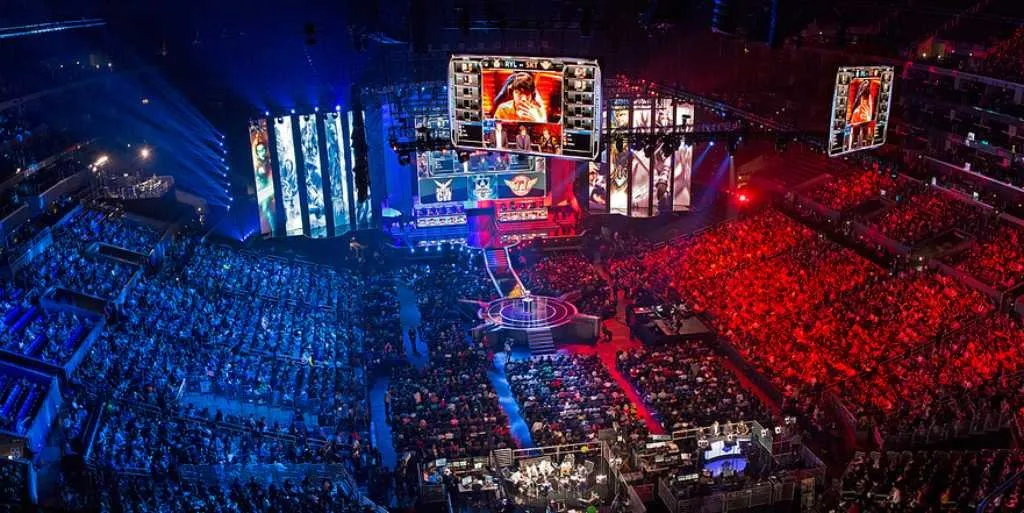
The Rise of Esports: How Competitive Gaming is Changing the Sports Landscape
Esports, or electronic sports, has rapidly evolved from a niche hobby into a global phenomenon, attracting millions of viewers and generating billions of dollars in revenue. This blog explores the rise of esports, its impact on the traditional sports industry, and what the future holds for this dynamic and fast-growing sector.
The Growth of Esports
- Early Beginnings: Esports began in the late 20th century with small-scale competitions in games like “Space Invaders” and “Pong.” The introduction of multiplayer online games in the 1990s and 2000s, such as “StarCraft” and “Counter-Strike,” laid the foundation for competitive gaming.
- Mainstream Acceptance: The 2010s marked a turning point for esports, with significant investments from traditional sports teams, celebrities, and tech giants. The establishment of professional leagues, such as the League of Legends Championship Series (LCS) and the Overwatch League, brought structure and legitimacy to the industry.
- Viewership Explosion: Platforms like Twitch and YouTube have played a crucial role in the rise of esports, allowing fans to watch live streams and recorded matches. Major tournaments now draw millions of viewers, rivaling traditional sports events in terms of audience size.
Impact on Traditional Sports
- New Revenue Streams: Traditional sports organizations have recognized the financial potential of esports. Many have invested in esports teams or created their own, tapping into sponsorships, merchandise sales, and broadcasting rights.
- Expanding Fan Base: Esports has attracted a younger, tech-savvy audience that traditional sports often struggle to reach. By embracing esports, sports leagues can engage with new demographics and grow their fan base.
- Innovations in Broadcasting: Esports has pioneered new broadcasting techniques, such as interactive streams and real-time data analytics, which traditional sports are beginning to adopt. These innovations enhance the viewer experience and offer new ways to engage with content.
The Future of Esports
- Continued Growth: The esports industry shows no signs of slowing down. With advancements in technology, such as virtual reality (VR) and augmented reality (AR), the gaming experience will become even more immersive and engaging.
- Increased Professionalism: As esports matures, there will be a greater emphasis on player welfare, training facilities, and standardized regulations. This professionalization will further legitimize the industry and attract more mainstream sponsors and investors.
- Educational Opportunities: Esports is gaining recognition as a viable career path, leading to the creation of esports programs at universities and colleges. These programs offer scholarships, training, and education in various aspects of the industry, from game design to management.
Conclusion The rise of esports represents a significant shift in the sports landscape, blending technology and entertainment to create a new form of competition. As esports continues to grow and innovate, its influence on traditional sports will only deepen, creating exciting opportunities for fans, players, and businesses alike. Embrace the future of sports with esports, and witness the evolution of competitive gaming.



